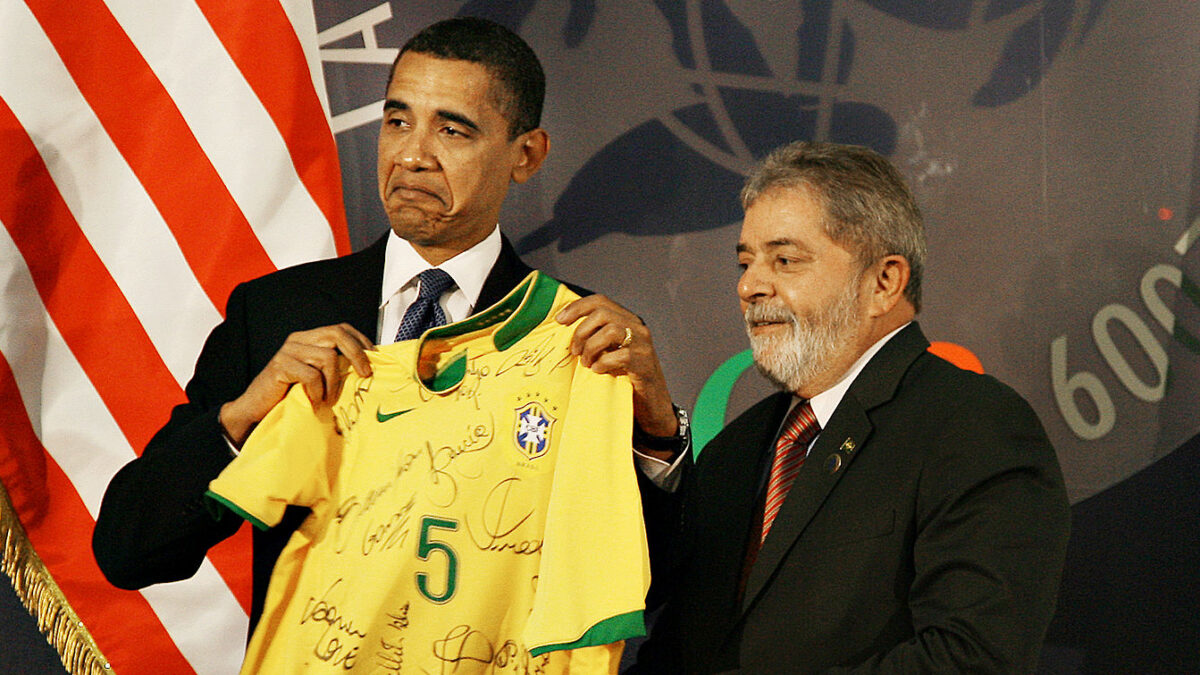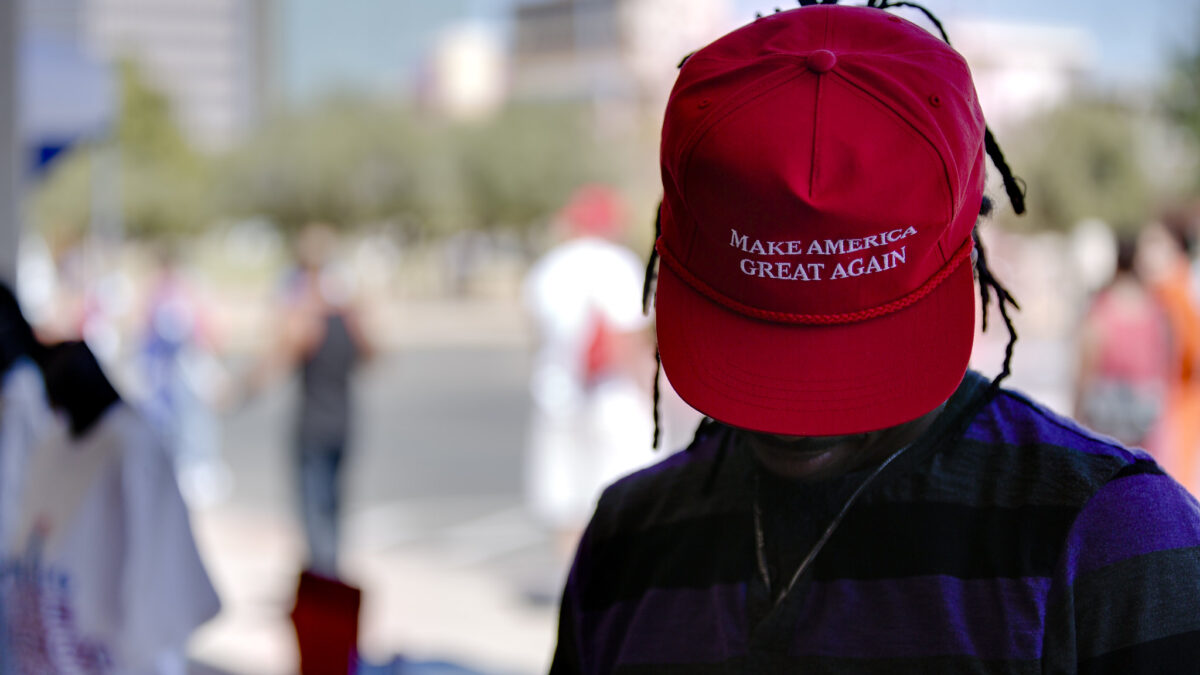
On Tuesday, the Anchorage City Clerk made it official: Voters rejected Proposition 1, the citizen-initiated ballot proposal that would have required government-run facilities to maintain single-sex bathrooms and locker rooms, while allowing private businesses the right to decide their own privacy policies. The city certified the final tally of the voting, which ended on April 3, 2018, with “no” votes garnering 41,115 or 52.6 percent, to the “yes” votes of 36,993 or 47.4 percent.
In heralding the victory, LGBT activists portray the first rejection by voters of a so-called bathroom bill as representative of a change in public opinion. The Chicago Tribune reported that transgender activist Lillian Lennon pronounced the defeat of Proposition 1 not just “a victory for Anchorage, but a victory nationally,” adding “[t]ransgender discrimination is popping up everywhere, and this victory means that as a nation we can stand together against discrimination.”
Public pressure and boycotts have previously succeeded in getting state representatives to change course, such as the widely watched spectacle of the North Carolina legislature undoing the privacy protection granted citizens through a requirement that government restrooms remain single-sex, after the NCAA and some businesses pulled out of the state. Of course, Indiana’s reversal that converted a religious freedom law into legal preferences for LGBT-identified people was the modern watershed moment on this.
In contrast, when voters—and not legislators—decided the issue in 2015 in Houston, “[b]y a margin of 61 percent to 39 percent,” city residents overturned the Houston City Council’s ordinance permitting men suffering from gender dysphoria to use women’s restrooms (and vice versa), after “mount[ing] a campaign using the slogan ‘No Men in Women’s Bathrooms.’”
Several dynamics in play may have pushed the “no” vote to victory in Anchorage. First, the LGBT activism was well-funded, with opponents raising a reported $826,000, compared to the $140,000 raised by Alaska Family Action, the sponsor of Proposition 1. The “no” campaign was also well-organized, with the American Civil Liberties Union prioritizing defeat of the local referendum: In February, ACLU attorneys held a conference call with the media to “highlight the fight to defeat Proposition 1 in Anchorage, Alaska,” and gave Lennon a platform to discuss his efforts to lobby against the proposed law.
Lennon, a field organizer for Fair Anchorage, a local organization dedicated to defeating Proposition 1, took the spring semester off from the University of Alaska-Anchorage to push for a “no” vote. With Anchorage housing Alaska’s largest university, Lennon’s outreach efforts likely reached a more liberal base than year-round Anchorage residents. Also, for the first time, Anchorage allowed all registered voters to cast their ballots by mail.
Anchorage’s reliance on tourism also had a likely impact. According to the Chicago Tribune, John Kauffman, an Anchorage attorney who lobbied against Proposition 1, thought “[t]he experience of North Carolina seems to be a pretty good case study on the national reaction, kind of significant and fairly united national reaction to this kind of ordinance or law or proposition,” adding that “Anchorage is much more isolated than North Carolina and the bathroom measure could have hurt the city.”
Whether Anchorage’s results will translate elsewhere remains to be seen. But proponents of privacy and the protection of children should learn the lessons of the Alaska experience: Transgender activists are well-funded and well-organized, and have succeeded in scaring politicians and businesses into obeying their will.
Their sights are already turned to the next battleground, Massachusetts, where citizens will vote in November on whether to repeal a state law that forces places of public accommodation to allow men identifying as women (or women identifying as men) to access the bathrooms and locker rooms of the opposite sex.
A victory for transgender activists in liberal Massachusetts may not be the hardest sell, but it will add to the momentum the Left is seeking to upend society. With every win, the narrative builds that it is discrimination to believe men are men and women are women. As that perception becomes more mainstream, the populace retreats in silent acquiescence, either believing perception is reality, or fearing the bigot label.
However, just as a man cannot become a woman, or a woman a man, it is not discrimination or bigotry to say as much. But now—before the cultural tide has irrevocably turned—is the time to proclaim that truth. And that time is becoming increasingly short.








